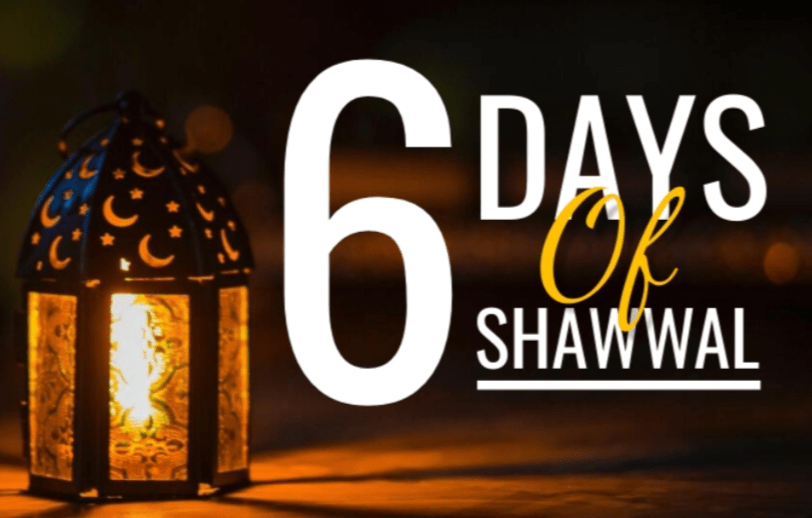السلام عليكم ورحمة الله وبركاته
- In terms of inheritance under the Sharīʿah, all the heirs will share in the collective estate to the proportionate degree of each one’s specific share. A wife, for example, does not automatically inherit the house; all she has is a one-eighth share of the entire undivided estate.
- Accordingly, no specific heir has a pre-emptive right to the house, neither your father’s wife, nor even you and your sister. If your father’s will states that the house should go to you and your sister, it is not in line with Sharīʿah; neither is it in accordance for him to assign the proceeds from his policy to the other children. Each heir, children and wife included, has a right to an unallocated percentage share in the entire estate.
- When a person does eventually die, his heirs may then come to an arrangement between themselves, by mutual agreement, for certain heirs to take certain parts of the estate in lieu of their respective shares in the estate. For example, you and your sister can take the house, with the consent of the others, in lieu of your share.
- What your father should do is to redraft his will in a manner that complies with Sharīʿah. To this end the MJC is able to assist.
والله تعالى أعلم
And Allah knows best.
(Date issued: May 2019)











